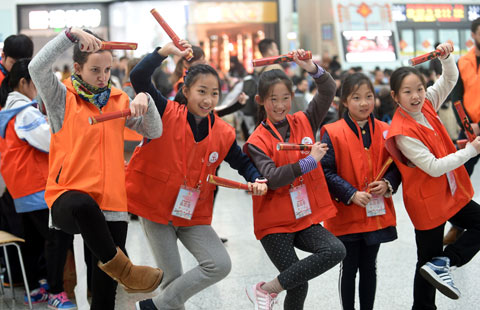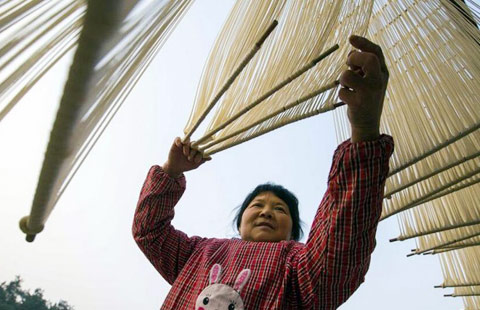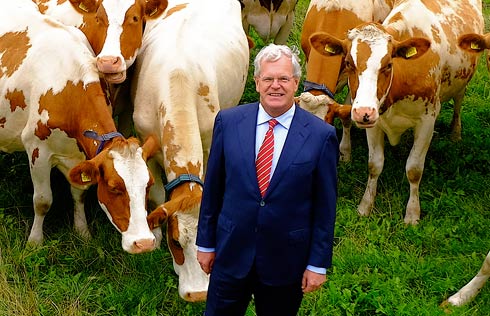Door to TPP is open for China, says US
The United States remains open to including China in a Pacific free-trade zone, Washington's top trade official said, less than a week after Japan asked to join the negotiations.
Acting US Trade Representative Demetrios Marantis said on Wednesday that it's up to China if the country wants to join the Trans-Pacific Partnership talks and satisfy the 11 nations now engaged that it could live up to the pact's requirements.
"Whether it's China, whether it's the Philippines, whether it's Thailand, it's incumbent upon those economies to be able to convince the other TPP partners that they are capable of meeting the high standards that we're negotiating," Marantis told reporters at a briefing on the US trade agenda for 2013.
Asked about Japan's bid to join the TPP talks, Shen Danyang, spokesman for the Ministry of Commerce, said on Tuesday that Beijing is open to all efforts to promote regional economic integration.
China will keep communicating with parties in all of those efforts while promoting its own free trade negotiations, Shen said.
The Chinese mainland has free trade pacts with 10 economies, including the Association of Southeast Asian Nations, New Zealand, Hong Kong and Taiwan, and is talking with six others, including Australia. China has also emphasized its ongoing talks to create a three-way free trade zone with Japan and South Korea.
However, Zhang Yunling, director of the division of international studies at the Chinese Academy of Social Sciences, said China should not join the TPP talks despite Washington's reiteration of openness.
"The US may not really welcome China's participation in the TPP because China's huge market size would weaken the US' dominating position in setting up the new trade rules conceived in the TPP. Meanwhile, the threshold of the TPP is too high for China to take," Zhang said.
The US is in talks with Australia, Brunei, Canada, Chile, Malaysia, Mexico, New Zealand, Peru, Singapore and Vietnam to join the TPP. Their 16th round of talks concluded last week in Singapore.
Zhang added that China's key move is the three-way free trade pact with Japan and South Korea, as well as the Regional Comprehensive Economic Partnership, or RCEP, which involves 10 ASEAN nations and six major Asia-Pacific economies — China, Australia, India, Japan, South Korea and New Zealand.
"The TPP is a challenge but also a motivation. China must thus have a more active role and a more active attitude as well as further open its market in advancing the trilateral pact and the RCEP. China, Japan and South Korea have urgent interests to reach the three-way pact, while the RCEP will have a larger market power than the TPP after it's established," Zhang said.

















